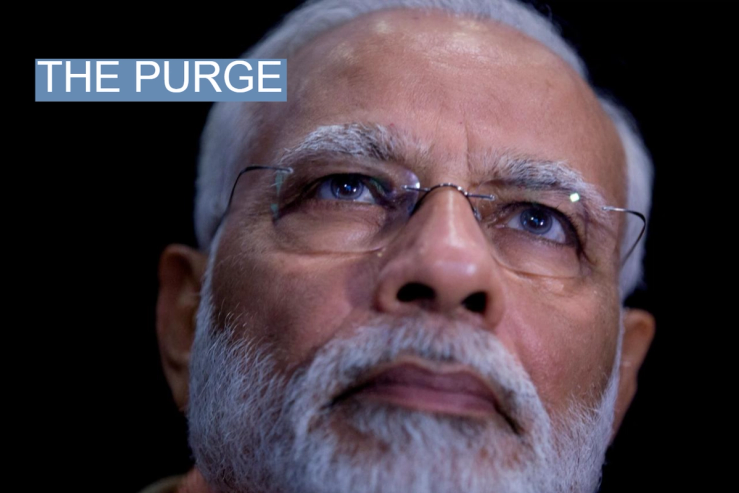The News
India’s lower house of parliament passed crucial criminal law bills after suspending dozens of opposition lawmakers, exacerbating concerns over the state of democracy in India.
More than 141 members of parliament were suspended after being accused of disrupting proceedings for protesting a recent security breach in which six intruders deployed canisters of non-toxic gas inside the building. The opposition had been calling on Prime Minister Narendra Modi to address the issue, which he has so far refused to do.
While opposition politicians have been suspended before, the high number this time has prompted critics to accuse Modi of purging dissent to push forward his Hindu nationalist agenda.
SIGNALS
Lack of opposition paves way for controversial criminal justice reform
The Indian government is pushing forward with criminal reform bills that they claim “will free people from the colonial mindset and its symbols,” the Times of India reported. While one of those bills makes mob lynching a crime punisheable by death, critics are warning that other reforms will make it easier for the government to silence dissent: one law defines a threat to economic security as a terrorist act, the other penalises those who “speak against the country.” Saket Gokhale, an MP who was not suspended, called the reforms “draconian” and said the purge was done so that opposition figures couldn’t “tell people how dangerous they are.” Several other significant bills are also being considered for passage, prompting one public policy advocate to say, “Speaks so poorly of the Indian Parliament if the government is only using [suspensions] as a rubber stamp to push through Bills without discussion.”
More than 10% of India’s population no longer has representation
About 147,698,507 constituents are left without parliamentary representation, according to the Wire India. This has created a “data-deficient regime” where MPs can no longer ask the government questions on voters’ behalf leading to a lack of accountability. Questions for Modi following the security breach are now particularly pertinent over broader, nation-wide security practices across critical infrastructure, including nuclear power installations. “To try and shut [MPs] up by suspensions is only making the silence on accountability loom larger,” writes Wire editor Seema Chishti.
Modi’s behavior confounds analysts on future of U.S.-India ties
Delhi watchers seem unsure about what India’s democratic blackside means for the future of U.S.-India relations, with some analysts often changing their theories depending on new developments, Brookings fellow Tanvi Madan wrote. One camp believes that Washington “needs India so much that India can get away with anything,” she said. Others argue that the Biden administration is orchestrating a “controlled implosion” of U.S.-India ties as Democrats pressure the White House to be more forceful against Modi. This discrepancy could muddle future foreign policy for Delhi and shows that “India needs more U.S. specialists,” Madan argued.



